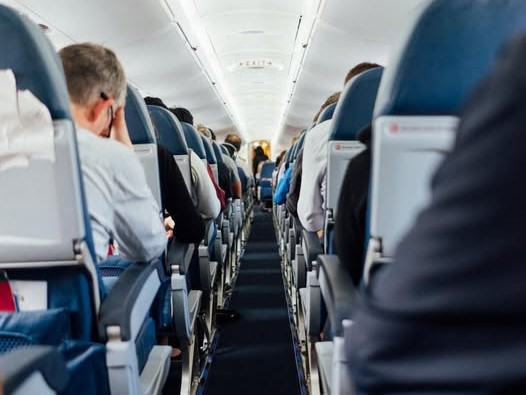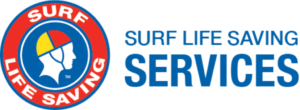I have never been able to sleep in between jobs on less busy Paramedic nightshifts, or on planes, and my flight back to Sydney from Ho Chi Minh city last time was no different. The importance of having a methodical approach in an emergency cannot be overstated because sometimes it can be confronting emotionally also.
At 1 am, my semi sleep state was broken by the announcement we never want to hear at 10,000 metres. “We have a medical emergency on board. If anyone is medically trained, please make yourself known to cabin crew”.

The seatbelt is unbuckled immediately, still hoping someone else will respond first but I know I must go. Someone needs help and I can provide it. We have a saying as Paramedics, “Be the best thing to happen in someone’s worst day”. Methodical not emotional.
Walking along the aisle, trying to see where the emergency scene is in the darkened cabin, observing everything on the way.
Who is awake? Who looks like they may be trained but reluctant to be first to offer? Who looks strong enough to carry a patient, provide CPR or protect me. All mentally noted. Methodical not emotional.
The fear on the faces of the cabin crew is a familiar sight arriving at any emergency, as is the sudden “Thank God you’re here” relief face.
Methodical not emotional.
I’m in charge now.
Getting closer, the real observations start. All eyes seem to be focussed on one seat, and I cannot see the occupant yet. That man standing looks like an anxious husband. That lady standing looks like a retired nurse, both could provide valuable information.
After making known to the cabin crew I am not a doctor, I am a Paramedic, I finally see the patient, an 80-year-old Caucasian women, pale, sweaty, floppy…..and she looks like my late mother. Emotion…. supress it.
I kneel down and hold her arm, checking for a radial pulse without being obvious, and squeeze her shoulder to get her to respond and open her eyes. She does. I introduce myself and ask her name. She tells me.
She does not have an Irish accent like my mother. Double relief.
We eliminate worst case possibilities, methodically, no chest pain, not diabetic, has this happened before, medical history and current medications.
Laying the patient back as far as possible helped some colour return to her face. I eliminate the need to commence CPR procedure so now I can talk with the husband who confirms everything his wife had said. She has a significant medical history and is prescribed several medications but nothing for her heart and has been told many times by her doctor that she needs to drink more water every day due to her low blood pressure. It had been a hot day in HCMC and she had not kept her fluids up. The nurse stood by to provide her input, as nurses do. I got her name and thanked her, and she returned to her seat saying just raise my hand if in need any more from her.
Paramedics and nurses, we are not doctors but we can often hold things together until doctors can address the underlying problem and it is all done methodically by asking “What do we currently have and what do we need to do about what we do not have?” and keep reassessing that in order. Airway, Breathing, Circulation, Disability, Exposure. (ABCDE)
Methodical, not emotional.
Checking a list of contents in the medical kit I see there are some items I can use, if required, and there is an AED in the cockpit if we need to do CPR. That scenario was played out in my head before I reached the patient. If we do need CPR the plane will have to divert, we could make Darwin in about 40 minutes and that could be done with the helpers I had identified. Not required at the moment. The patient can take sips of water so I do not need to add fluids into her veins if we can keep her laying flat, which we cannot do in the economy seat, I explain to the crew, so we transferred her to a bed in first class.
From a bad situation to her first ever first-class bed, not that she could enjoy it under the circumstances, but at least she could be kept comfortable, and I could monitor her from time to time to ensure she did not deteriorate further until handed over to Paramedics in Sydney.
“Be the best thing to happen in someone’s worst day”. Methodical not emotional. There is time for emotion after the job is done. Mission accomplished.
Author: Tony Coffey Paramedic, Co-Founder Survival Skills Vietnam





